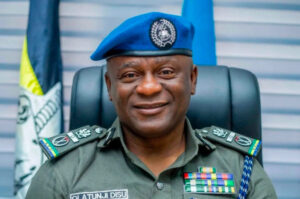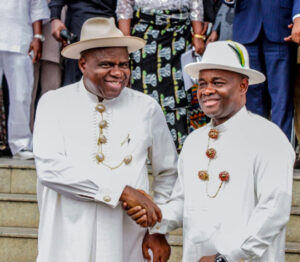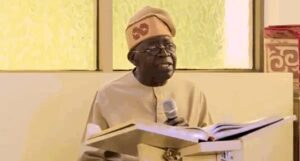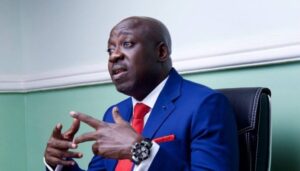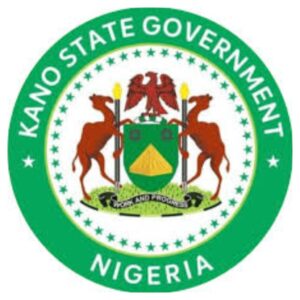On October 1, 2024, Nigeria celebrated its Independence Day, marking 64 years since it broke free from British colonial rule. This day is meant to symbolize national pride and self-determination. However, President Bola Ahmed Tinubu’s choice to take a two-week vacation in the United Kingdom, just one day after these celebrations, has raised serious questions about how free Nigeria truly is. In his analysis, Farooq A. Kperogi explores the implications of this trip and what it says about Nigeria’s ongoing struggle for genuine independence.
Tinubu’s trip to Britain is particularly symbolic. By vacationing in the very country that colonized Nigeria, he sends a troubling message about the nation’s status and identity. Kperogi likens it to someone who celebrates escaping an abusive relationship only to seek validation from their former abuser the next day. This act highlights a continued dependency on colonial powers and reflects a lack of confidence in Nigeria’s own cultural and economic potential.
Despite Nigeria’s claims of independence, Kperogi argues that the nation remains heavily influenced by its colonial past. Many of Nigeria’s political and cultural elites continue to operate under the shadow of colonialism. The country’s economy is often seen as managed by international bodies like the World Bank and the IMF, suggesting a form of neocolonialism that still grips the nation. This dependence indicates that Nigeria has not fully severed its ties to its former colonizers, and the leadership’s actions reinforce this view.
Instead of choosing to spend his vacation in Britain, Kperogi argues that leaders should explore and promote Nigeria’s own diverse and beautiful destinations. Nigeria is rich in cultural heritage and natural beauty, from the savannahs in the north to the coastal areas in the south. There are many stunning tourist spots like the Yankari Game Reserve in Bauchi and Obudu Ranch Resort in Cross River that deserve recognition. By vacationing within Nigeria, leaders could inspire citizens to appreciate their homeland and encourage international tourists to visit.
Kperogi emphasizes that choosing to vacation abroad—especially in the former colonizing country—redirects personal expenditure away from the domestic economy. While the economic impact of one individual’s spending may seem minor, the symbolic loss is significant. It sends a message that the country’s infrastructure and leisure facilities are unworthy of a president’s attention and raises doubts about safety and security—issues that should be addressed by the leadership.
The timing of Tinubu’s trip exacerbates the situation. October 1 should be a reaffirmation of Nigeria’s autonomy and identity, not just a historical marker. By leaving for Britain right after celebrating Independence Day, the president diminishes the significance of that day and the nation’s aspirations for true independence.
Kperogi points out that many Nigerians felt a lack of patriotic spirit this year during Independence Day celebrations. This absence of fervor may stem from the perception that their leaders do not genuinely invest in fostering national pride. When the president seeks validation from the country that once oppressed Nigeria, it raises questions about the commitment to building a strong national identity.
Kperogi also recalls Tinubu’s push to restore a colonial national anthem, which further illustrates a disregard for Nigeria’s unique identity. This decision signals a retreat from the progress Nigeria should be making in asserting its post-colonial identity. A national anthem should be a rallying cry that encapsulates the country’s ideals and aspirations. By reverting to an anthem tied to colonial history, Nigeria risks losing its moral and philosophical argument for independence.
As Kperogi concludes, the actions of leaders like Tinubu reflect their commitment to national interests and cultural pride. Instead of seeking validation from colonial powers, leaders should focus on fostering a more independent and self-sufficient Nigeria. By embracing their own culture and showcasing the beauty of Nigeria, they can help build a stronger sense of national pride among citizens.
The president’s recent vacation choice serves as a stark reminder of the work that still needs to be done to achieve true independence and national unity in Nigeria. Instead of looking abroad for approval, Nigeria’s leaders must recognize and uplift their own nation, promoting its beauty and potential on the global stage.

